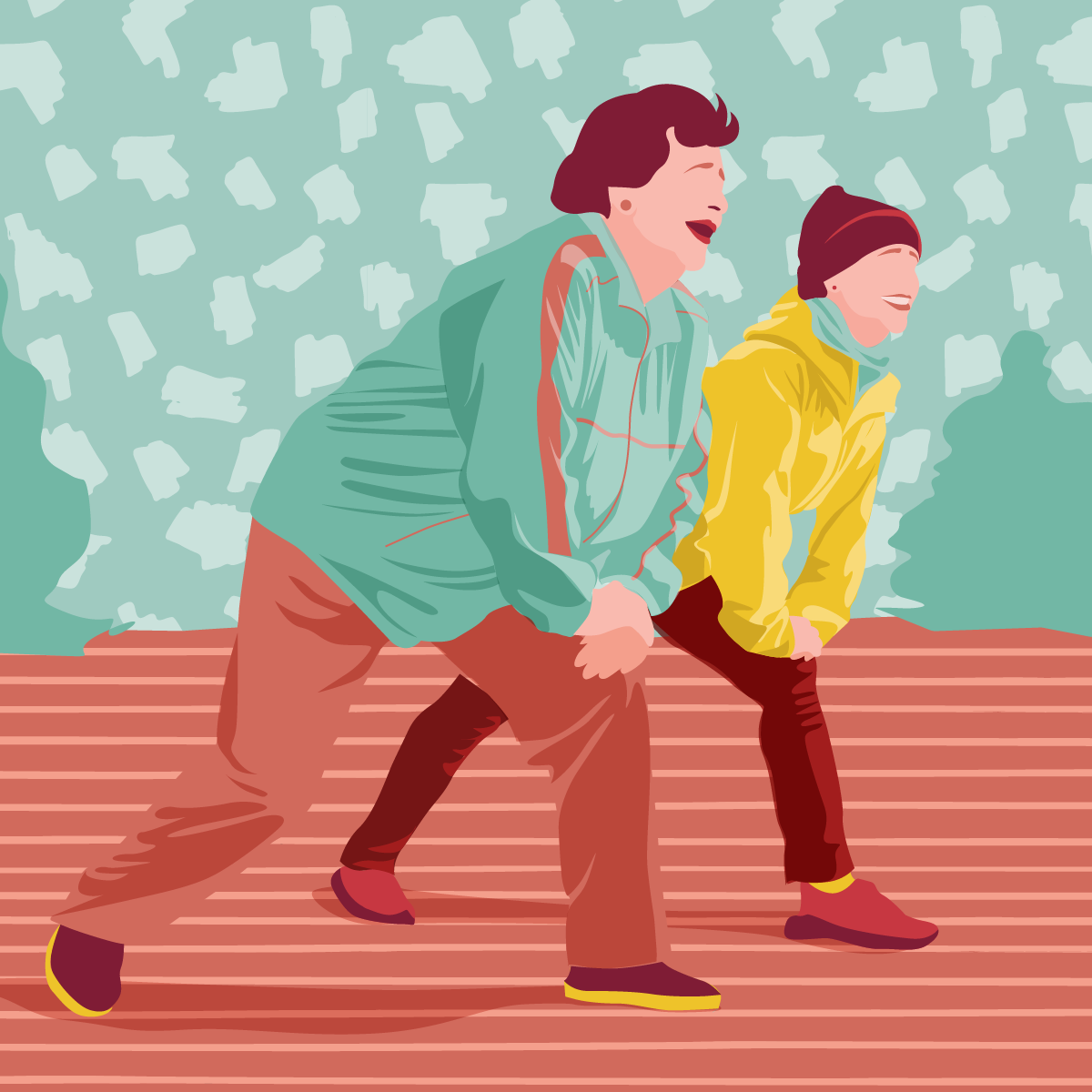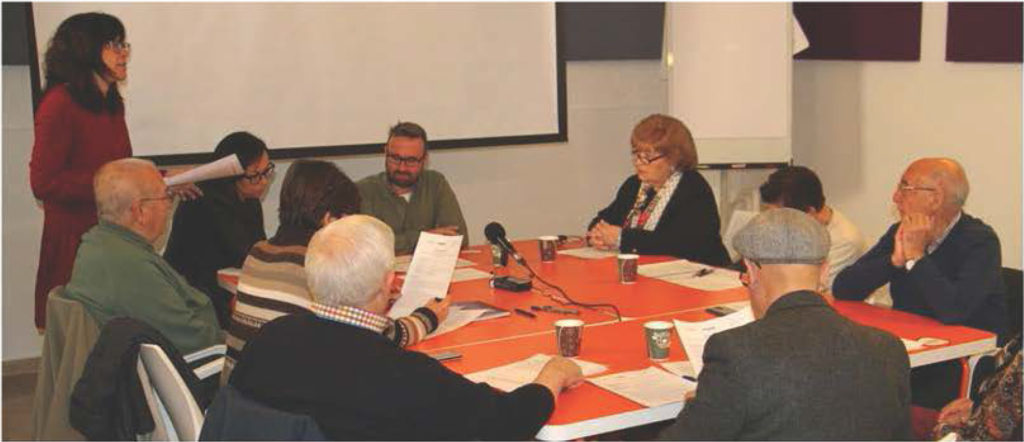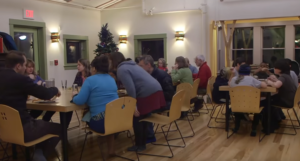Witten by Las Naves, Valencia
Nowadays. unwanted loneliness is considered as a public health issue. The elderly are among the most impacted population groups. Therefore, the greatest part of Europe is facing a global challenge that consists in tackling unwanted loneliness among the elderly. According to World Health Organisation (WHO) data, in 2025 there will be more than l billion adults over 60 years old. This figure is expected to double by 2050 Many of them will experience unwanted loneliness feelings. as well as the negative effects in their physical and mental health and in their emotional well-being. The implementation of social distancing measures. the lock-down and other restrictive measures to fight the COVID-19 pandemic have aggravated this feeling. especially in those people already suffering from it. Also, the amount of people who started having this feeling has increased.
Even if the raise of life expectancy is worth celebrating, living more years not always translates into quality of life. For that matte, active and healthy ageing policies put the focus on life quality for these people, and for that purpose ít is essential to try and reduce as much as possible the unwanted loneliness feeling by giving it the ímportance it deserves, and by making this issue visible to the society.
From my experience as officer at the health department in the Las Naves Foundation, experts in the social and health field with whom we cooperate have stressed out many times the fact that, in order to tackle this challenge, a full, joint and coordinated response is needed, as unwanted loneliness is also a complex problem caused by many factors.
In addition, the same way we now talk about “ageings” we should be talking about “lonelinesses”, as it is a very heterogeneous phenomenon inside the heterogeneous elderly population.
What does evidence tell us? That the creation of social. lasting interactions is effective, and that connecting with the community and the neighbourhood is paramount. In the city of Valencia, many neighbourhoods are organised to detect and create community activities, in order to answer the unwanted loneliness challenge. Even better if the answers that popped up from public and community networks in neighbourhoods include an intergeneration component. We are talking about neighbourhoods that engage health centres. social services centres, neighbour, culture and sports associations, NGOs, schools, high schools, shops, pharmacies and restaurants to detect and design shared responses that will ·reconnect· people to their neighbourhood. to their community. This is already happening, it is the future.
Following this line, we are currently working together with other European cities through European projects in finding innovative solutions that will help us to implement pilots and to test the results in a real environment. Also, we will be a ble to share good practices between cities, such as Healthy Loneliness 2019 and 2020 (EIT Health), Healthy Loneliness Erasmus +, Valuecare for vulnerable elderly people. Through self-financed pilot projects at a local level, we are supporting and promoting public and community networks in some Valencian neighbourhoods such as Benimaclet, Algirós or San Isidro.
projects in finding innovative solutions that will help us to implement pilots and to test the results in a real environment. Also, we will be a ble to share good practices between cities, such as Healthy Loneliness 2019 and 2020 (EIT Health), Healthy Loneliness Erasmus +, Valuecare for vulnerable elderly people. Through self-financed pilot projects at a local level, we are supporting and promoting public and community networks in some Valencian neighbourhoods such as Benimaclet, Algirós or San Isidro.
We gathered as common denominator sorne advices provided by social and health experts in order to disseminate them.
Socialize
Foster personal relations.
Get out and see your friends,
you will enjoy the company!
Get active
Participate in the social and cultural life of the neighbourhood. Do something you enjoy: dancing, painting, cooking, … choose the activity you like the most. Get informed and
pick your choice!
Train yourself
Catch up with new technologíes. Learn how to use the Internet in order to make new
friends orto run errands. You will see how useful it can be!
Move
Make some moderate exercise and avoid sitting too long. Talk to your physician and
find the best sport or physical activity for you: swimming, walking, yoga. lt’s never too late to be in shape!
Eat properly
Keep a healthy and balanced diet, rich in fruits and vegetables … and stay hydrated. Inquire your main physician and fill your fridge up with healthy and varied products that will help you stay stronger and healthier everyday.
A balanced diet is key to stay young!
Adopt
Adopta pet, if you are an animal lover, you can think about the best pet for your considering
your situation. Could be a dog to take long walks or a cat to keep you company at home. You will get what you give!
Share
Share your home. lf you have some extra space at home, maybe you can share a spare room
with someone who will keep you company and will help you make your day more enjoyable.
You will increase your life quality!
Volunteer
Participate in some volunteering network, If you like to show solidarity, certainly you can help other people in need. By helping you will help yourself and you will feel better!





